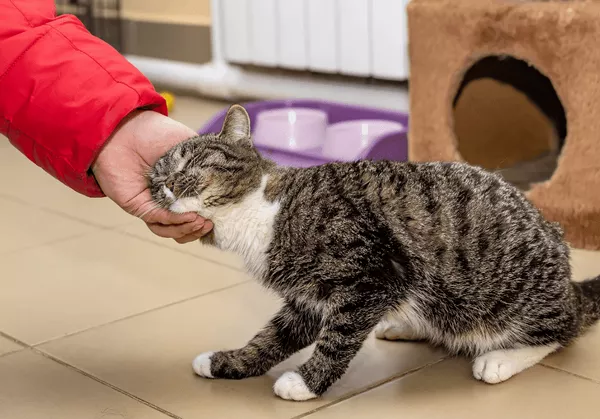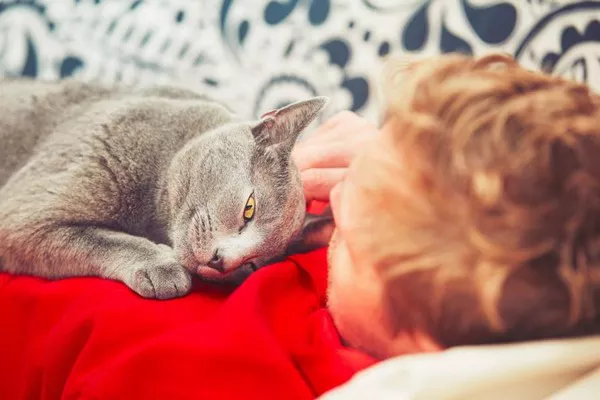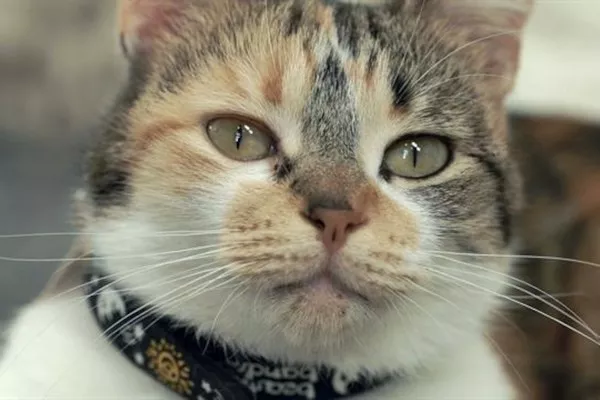Bearded dragons, known for their captivating personalities and unique appearance, are popular reptile pets. One of the critical aspects of caring for these fascinating creatures is understanding their dietary requirements. One common question that arises among bearded dragon enthusiasts is whether these reptiles need to eat every day. In this article, we will explore the feeding habits of bearded dragons and provide insights into establishing an appropriate feeding schedule for these remarkable reptiles.
Understanding Bearded Dragons’ Natural Diet
To comprehend the dietary needs of bearded dragons, it is crucial to delve into their natural habitat and feeding behaviors. Bearded dragons are omnivores, meaning they consume both animal and plant matter. In the wild, their diet includes a variety of insects, small rodents, leafy greens, and fruits. Mimicking this diverse diet in captivity is essential for their overall well-being.
Feeding Frequency for Bearded Dragons
Contrary to some misconceptions, bearded dragons do not require daily feeding. In fact, a daily feeding routine can lead to overfeeding and health issues. Bearded dragons are opportunistic eaters, and their metabolism adapts to their environment. As a general guideline, juvenile bearded dragons (under a year old) may require more frequent meals, typically offered once or twice a day, while adult bearded dragons can thrive on a less frequent feeding schedule.
Determining the Appropriate Portion Size
Balancing the quantity of food is crucial when establishing a feeding routine for bearded dragons. A common mistake among owners is providing excessive portions, which can lead to obesity and other health complications. The size of the prey or the portion of greens should be proportionate to the size and age of the bearded dragon. Monitoring their body condition and adjusting portion sizes accordingly is vital for their overall health.
Variety in Bearded Dragons’ Diet
Bearded dragons thrive on a diverse diet, mirroring their natural eating habits. Offering a variety of insects such as crickets, mealworms, and dubia roaches, along with a mix of vegetables and fruits, ensures that they receive essential nutrients. Each type of food contributes specific vitamins and minerals, promoting a well-rounded nutritional profile crucial for the longevity and vitality of bearded dragons.
Importance of Gut Loading Insects
A crucial aspect of maintaining a healthy diet for bearded dragons involves gut loading their insect prey. Gut loading refers to feeding nutritious foods to the insects before they are offered to the bearded dragon. This process enhances the nutritional value of the prey, ensuring that the reptile receives a well-rounded and balanced meal. Proper gut loading is an often-overlooked aspect of bearded dragon husbandry but is vital for their overall health.
Hydration for Bearded Dragons
While discussing the feeding habits of bearded dragons, it’s essential not to overlook their hydration needs. Bearded dragons obtain water not only from the food they consume but also through drinking. Providing a shallow dish of fresh water in their enclosure is crucial. However, it’s essential to be mindful of the water depth to prevent drowning, as bearded dragons are not strong swimmers.
Observing Behavioral Cues
Understanding the behavioral cues of bearded dragons is instrumental in determining their feeding schedule. A healthy, well-fed bearded dragon will exhibit alertness, curiosity, and an eagerness to explore its surroundings. Conversely, a lack of interest in food, lethargy, or changes in behavior may indicate health issues or a need for adjustments in the feeding routine. Regular observation of these cues allows owners to tailor the feeding schedule to the specific needs of their bearded dragon.
Seasonal Variations in Feeding
Bearded dragons may exhibit variations in their feeding behavior based on seasons. During the winter months, they may naturally reduce their food intake as part of their hibernation-like state. It’s crucial for owners to be aware of these natural fluctuations and adjust their feeding schedules accordingly. Offering a slightly reduced amount of food during these periods helps align with the bearded dragon’s biological rhythms.
Consulting with a Veterinarian
While general guidelines are helpful, individual variations exist among bearded dragons. Consulting with a reptile-savvy veterinarian is paramount for tailoring a feeding schedule to the specific needs of your pet. Regular veterinary check-ups allow for the assessment of the bearded dragon’s health, and any necessary adjustments to their diet can be made based on professional advice.
Conclusion
In conclusion, understanding the dietary needs and feeding habits of bearded dragons is crucial for their well-being in captivity. Establishing an appropriate feeding schedule, offering a diverse and nutritious diet, and being attentive to behavioral cues are key elements in providing optimal care. Remember, bearded dragons do not need to eat every day, and a thoughtful and well-balanced approach to their diet contributes to their longevity and overall vitality as captivating reptile companions.
Related Topics:
What does bearded dragons like to eat?
What can juvenile bearded dragons eat?
How old do bearded dragons live to?


























